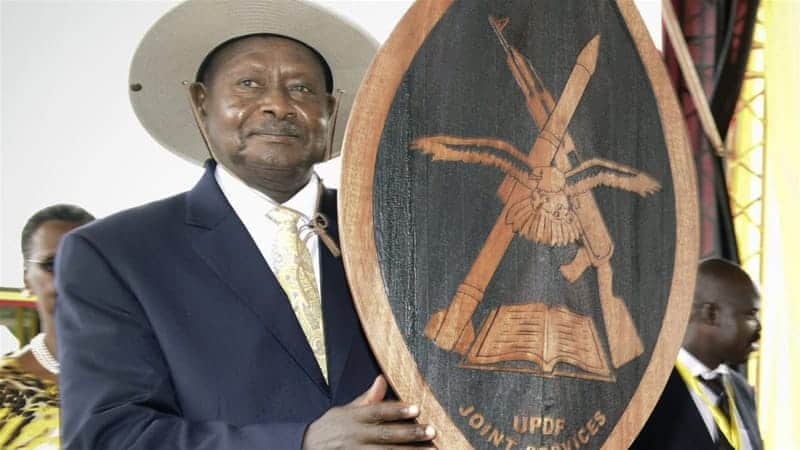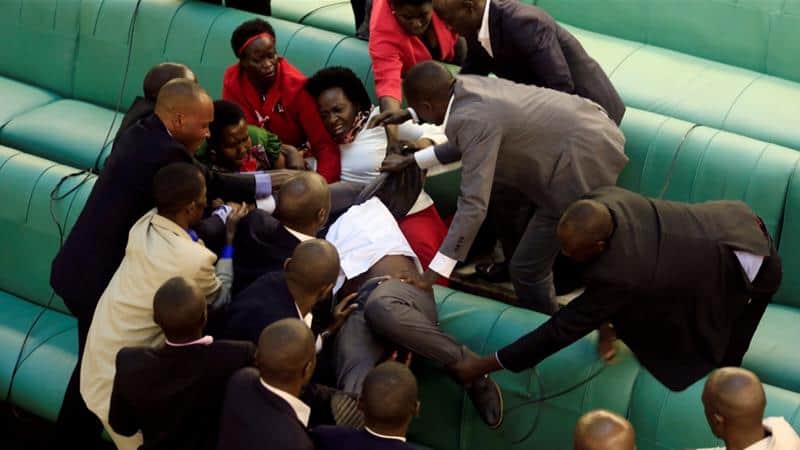When the news broke in September 2017 that the Ugandan Parliament was considering a bill to eliminate age limits for presidential aspirants, it sounded incredulous. After all, it was only a year before then that the sitting president, Yoweri Museveni, had won an unprecedented fifth term in office, having controversially scrapped the limit to presidential terms in 2005 to permit an elongation of his stay in power. Since taking control of Uganda in 1986, 73-year old Museveni has demonstrated time and again that he has no intentions of relinquishing his stranglehold on the country’s future, and he does so with the enthusiastic support of his cronies in parliament.
Enacted in 1995, the Ugandan constitution had stipulated that anyone younger than 35 or older than 75 will be ineligible to serve as President. That was purportedly to prevent political neophytes or aged and jaded parasites from ruling the country, but Museveni seems intent on negating all of that. Despite the protests of activists and the gallant efforts of opposition politicians, 317 legislators voted in favour of the controversial bill on December 20th, 2017, against the wishes of the 97 opposing legislators and the majority of citizens and religious leaders who made their voices heard. In his year-end address, Museveni said “Parliament enabled us to avoid the more complicated paths that would have been required. We cannot under-cook the destiny of Africa”. He eventually signed the bill into law on December 27th, 2017.
While it cannot be argued that Museveni is justified as a citizen in wanting to retain his presidency, and that there is some logic in the statement credited to MP Moses Balyeku that “age should not be a factor that hinders the rights and freedom of any Ugandan to vie for the post of a President”, it belies common sense that such narrow-minded constitutional amendments are being driven against the demographic realities on the continent. By the time the next elections are due in 2021, Museveni will be 77 years old. In a country where the median age of citizens is 15.8 years, Museveni is clearly swimming against the tide of nature. Shamefully, he is being paddled along by politicians who are more interested in their own personal aggrandisement than they are in the future of the country. Like Paul Kagame in Rwanda, Museveni has taken the irresponsible path and further dimmed the hope for responsible leadership in Africa.
Conclusively, it disgusts the senses to realize that the elongation of Museveni’s political ambition seems to be his preoccupying thought less than two years into his current term, when there is so much work to be done to lift Uganda from being one of the poorest countries in the world. If five terms of Museveni’s leadership has brought Ugandans no closer to economic freedom, what hope is there that a sixth term will make a difference? It might have been hoped that the “Mugabe treatment” will prove instructive for other geriatric African rulers, but perhaps it will take the “Mugabe outcome” for the message to sink in.
We still have a lot of work to do.





